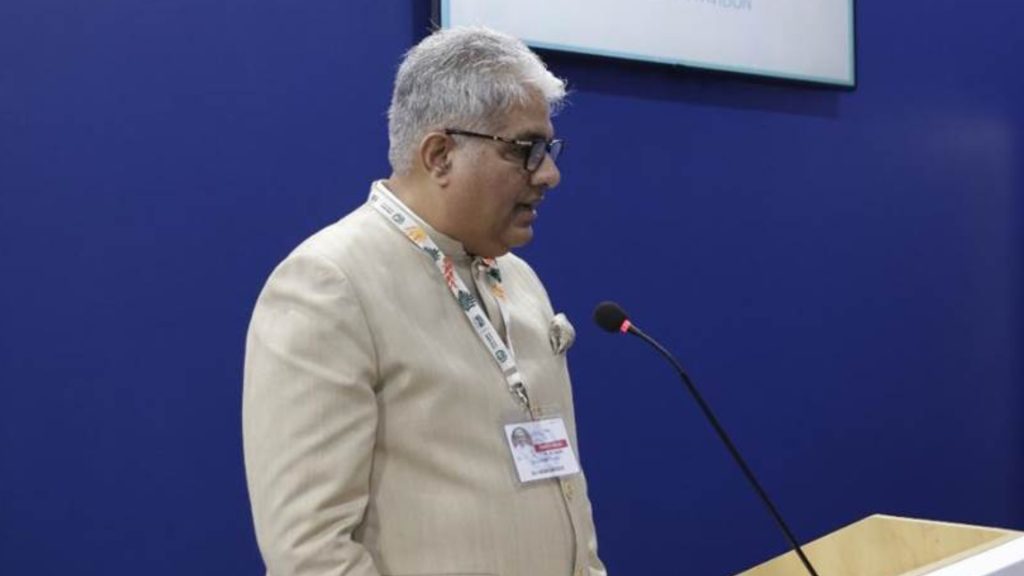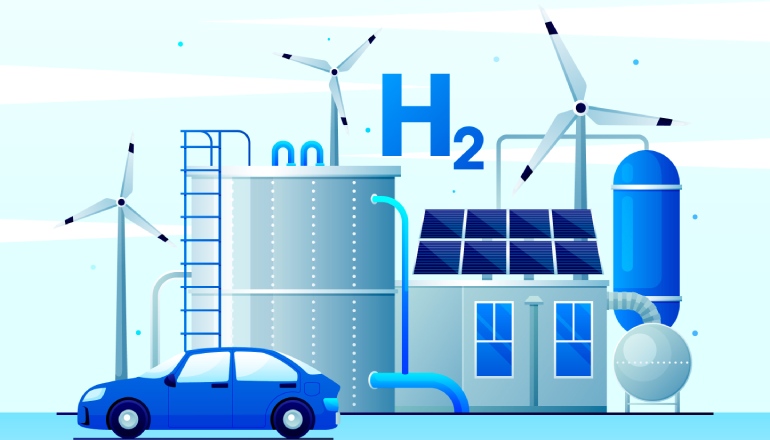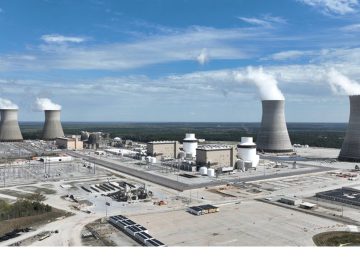India has spotlighted the Joint Crediting Mechanism or JCM, as a critical tool for achieving scalable and equitable global climate goals, urging other nations to adopt the cooperative model.
Speaking at the 11th JCM Partner Countries’ Meeting on the sidelines of UNFCCC CoP30 in Belém, Union Environment Minister Bhupender Yadav championed the bilateral framework with Japan as a blueprint for high-integrity climate cooperation.
JCM: a practical Article 6 framework
Yadav stressed that the JCM, formalized via a Memorandum of Cooperation (MoC) between India and Japan in August 2025, aligns perfectly with Article 6 of the Paris Agreement. He noted the mechanism provides a clear structure for both governments and the private sector to jointly develop mitigation projects, mobilize finance, deploy advanced technologies, and transparently allocate resulting emission reductions.
“Mechanisms such as the JCM represent a significant approach in strengthening efforts for climate action while supporting national priorities, particularly for developing countries,” he said.
Catalyzing India’s climate targets:
The Minister underscored that the JCM will directly contribute to India’s nationally determined contributions (NDCs) and its long-term low emission development strategy. The framework is designed to facilitate investment and capacity building, which will help develop a domestic ecosystem and localise high-technology interventions in India.
Yadav detailed that JCM activities are expected to focus on India’s priority sectors, including:
• Renewable energy with storage solutions
• Compressed biogas, green hydrogen, and green ammonia
• Sustainable aviation fuel (SAF)
• Best available technologies for hard-to-abate sectors like steel, cement, and chemicals.
Transparency and global expansion:
The meeting, chaired by Japan’s Environment Minister HE Hirotaka Ishihara, noted that the JCM partnership has expanded to 31 countries, with over 280 projects underway.
Yadav provided an update on India’s domestic readiness, informing partners that key implementation frameworks are in advanced stages of finalisation. Furthermore, the Bureau of Energy Efficiency is developing the Indian Carbon Market portal, which will feature a dedicated module for the JCM and other Article 6 cooperative approaches to ensure transparency and streamline project facilitation.
The minister called for collective action to ensure the JCM becomes “a model for transparent, impactful, and equitable climate partnerships” globally.












